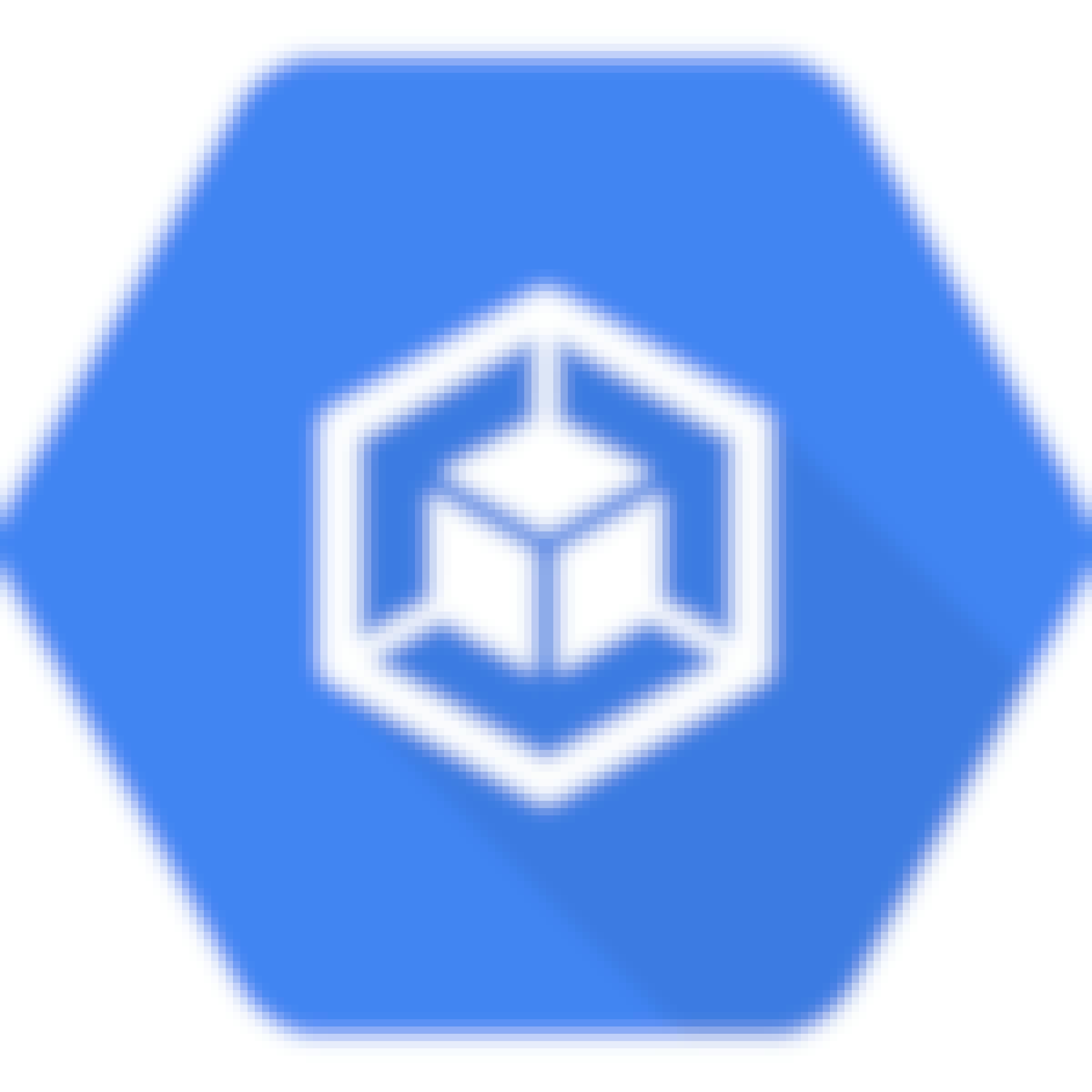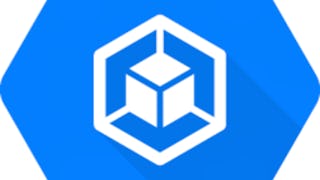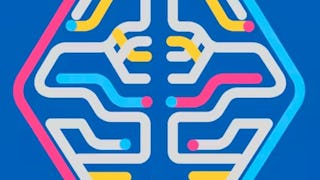Filter by
SubjectRequired
LanguageRequired
The language used throughout the course, in both instruction and assessments.
Learning ProductRequired
LevelRequired
DurationRequired
SkillsRequired
SubtitlesRequired
EducatorRequired
Explore the Korean Course Catalog
 Status: Free Trial
Status: Free TrialSkills you'll gain: Kubernetes, Cloud-Native Computing, Google Cloud Platform, Application Deployment, Load Balancing, Scalability, Containerization, YAML, Data Storage, General Networking, Cloud Security, Configuration Management
 Status: Free Trial
Status: Free TrialSkills you'll gain: Service Level, Google App Engine, Service Level Agreement, Application Deployment, CI/CD, Cloud Infrastructure, Microservices, Cloud Computing Architecture, Network Architecture, Google Cloud Platform, Kubernetes, DevOps, Cloud Storage, Restful API, Cloud Security, Cloud Computing, System Design and Implementation, Key Performance Indicators (KPIs), Scalability, System Monitoring
 Status: Free Trial
Status: Free TrialSkills you'll gain: Kubernetes, Containerization, Google Cloud Platform, Cloud Infrastructure, Cloud Services, Cloud Management, Application Deployment, Cloud Computing, Docker (Software), Microservices, YAML

Google Cloud
Skills you'll gain: MLOps (Machine Learning Operations), Data Management, Data Governance, Data Processing, Google Cloud Platform, Workflow Management, Tensorflow, Applied Machine Learning, Data Pipelines, Machine Learning, Containerization, Performance Tuning, Continuous Monitoring

Google Cloud
Skills you'll gain: Customer Relationship Management, Google Cloud Platform, Generative AI, Big Data, Predictive Modeling, Prompt Engineering, Artificial Intelligence and Machine Learning (AI/ML), SQL, Data Analysis
 Status: Preview
Status: PreviewEIT Digital
Skills you'll gain: Digital Transformation, Business Transformation, Goal Setting, Predictive Modeling, Organizational Change, Change Management, Technology Strategies, Business Strategies, Business Strategy, Strategic Thinking, Innovation, Analysis, Emerging Technologies, Decision Making

Google Cloud
Skills you'll gain: Google Workspace, Generative AI, Prompt Engineering, File Management, Document Management

Skills you'll gain: Metadata Management, Extract, Transform, Load, Data Migration, Google Cloud Platform, Data Pipelines, Data Import/Export, Apache Airflow, Data Infrastructure, Data Sharing, Data Storage Technologies, Data Processing, Data Integration, Cloud Storage, Data Transformation, Automation
 Status: Preview
Status: PreviewUniversity of Michigan
Skills you'll gain: Influencing, Professional Networking, Persuasive Communication, Leadership, Relationship Building, Emotional Intelligence, Rapport Building, Trustworthiness, Communication, Organizational Leadership, Decision Making, Business Ethics

Google Cloud
Skills you'll gain: Generative AI, Prompt Engineering, Google Workspace, Document Management, Technical Writing

Skills you'll gain: Information Privacy, Data Ethics, Personally Identifiable Information, Secure Coding, Google Cloud Platform, Cloud Security, Data Security, Safety and Security, Artificial Intelligence, Generative AI, Machine Learning

Google Cloud
Skills you'll gain: Prompt Engineering, Google Cloud Platform, Network Planning And Design, Virtual Private Networks (VPN), Generative AI, Virtual Machines, Cloud Management, Network Engineering
Korean learners also search
In summary, here are 10 of our most popular korean courses
- Architecting with Google Kubernetes Engine: Workloads 한국어: Google Cloud
- Reliable Cloud Infrastructure: Design and Process 한국어: Google Cloud
- Architecting with Google Kubernetes Engine: Foundations 한국어: Google Cloud
- Machine Learning in the Enterprise - 한국어: Google Cloud
- Work with Gemini Models in BigQuery - 日本語版: Google Cloud
- 디지털 전환에 따른 변화: 완전 강좌: EIT Digital
- Gemini in Google Drive - 한국어: Google Cloud
- Introduction to Data Engineering on Google Cloud - 한국어: Google Cloud
- التأثير على الأشخاص: University of Michigan
- Gemini in Google Docs - 한국어: Google Cloud










